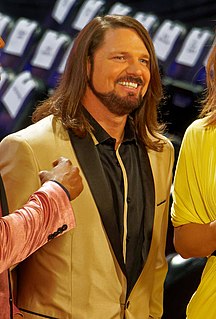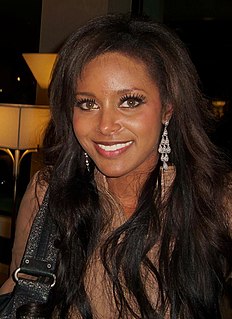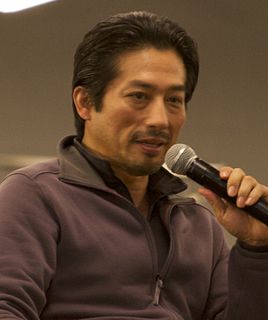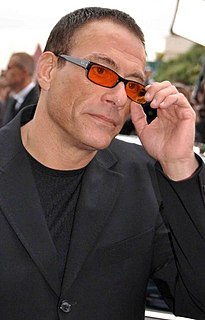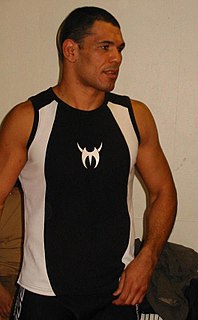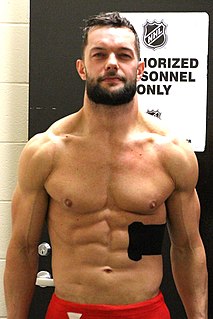A Quote by Shigeru Miyamoto
I'm very impressed that there are so many fans - not just in Japan, but here in America - that are fond of the work that I've done. I'm actually kind of embarrassed by it all.
Related Quotes
Maybe Japan itself is a little similar in that a lot of young people seem to have a little knowledge but not too much depth. I guess my perception of the art specialists in America or in Europe is that the art people are kind of mainly just the art people and that community is self-contained. But in Japan, it mixes with fashion and other things. I'm sure that many authentic art dealers or insiders didn't like the way that we presented our show in this very pop-y, accessible manner - just showing parts of our collections and selling prints and collaborative products.
I really love Japan, and I liked living there very much, and there are so many terrific things about Japan. However, I do think what's amazing is that Japan really prides itself on being monoracial. It doesn't have the same kind of idea as in the U.K. or Canada or the United States, in which the idea of diversity is a strength.

